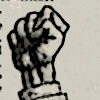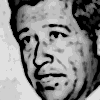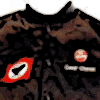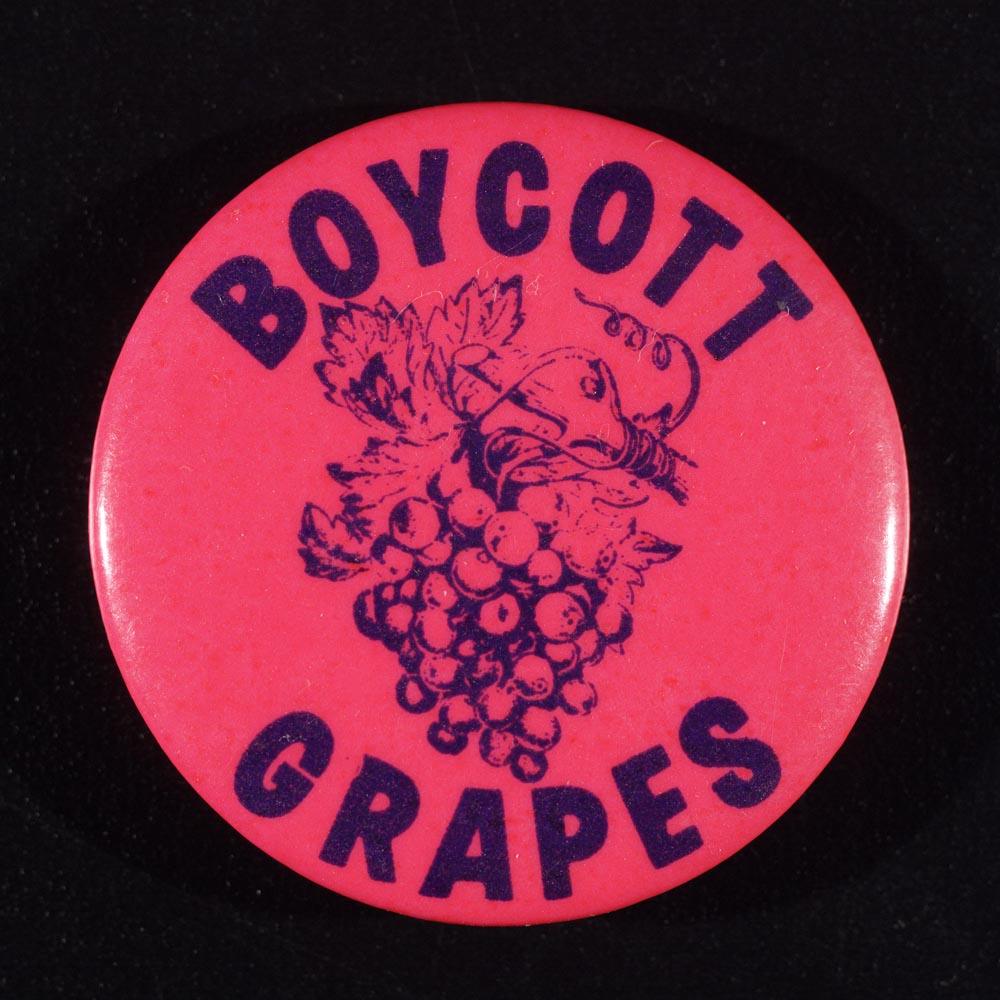The short-handled hoe was used by agricultural workers in the Southwest during the twentieth century. Many of those workers were migrant laborers. Living and working conditions for agricultural laborers were often harsh and pay was extremely low. From 1942-1964 about 2 million Mexican guestworkers, or Braceros, entered the United States on contract. The presence of Braceros made organizing farmworkers difficult because the growers had a ready source of labor if the farmworkers went on strike. After the end of the Bracero program in 1964, union organizers were more successful. In the late 1960s and 1970s, a number of organizations including the United Farm Workers Union, under the leadership of Cesar E. Chavez, campaigned to improve working conditions through boycotts, fasts, marches and strikes. In 1975 the California Rural Legal Assistance succeeded in having the short-handled hoe banned under California law as an unsafe hand tool.
Place your mouse over an individual item to get the title of the item. Click on the icon to access the item and brief annotation.



















